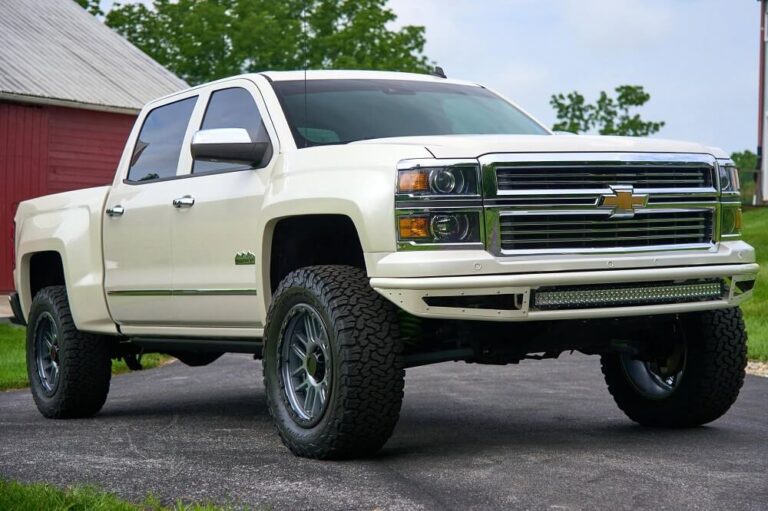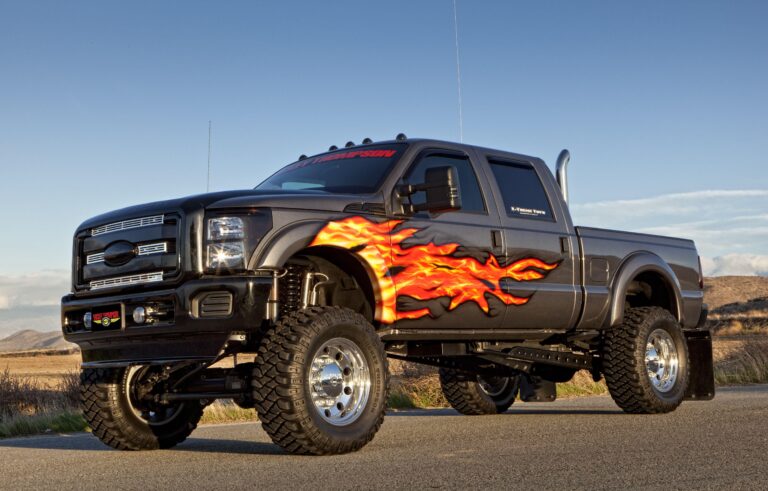Propane Powered Pickup Trucks For Sale: A Comprehensive Guide to Smarter Driving
Propane Powered Pickup Trucks For Sale: A Comprehensive Guide to Smarter Driving cars.truckstrend.com
In an era increasingly focused on sustainability, cost-efficiency, and energy independence, alternative fuel vehicles are stepping into the spotlight. Among these, propane-powered pickup trucks offer a compelling solution for individuals and businesses alike. Moving beyond the traditional gasoline engine, these robust vehicles leverage the power of Liquefied Petroleum Gas (LPG) to deliver a range of benefits, from reduced operating costs to lower environmental impact. If you’re considering a new or used pickup, understanding the world of propane-powered options can unlock significant advantages and position you at the forefront of cleaner, more economical transportation.
This comprehensive guide will delve into every facet of propane powered pickup trucks for sale, exploring their mechanics, benefits, where to find them, and crucial considerations for potential buyers.
Propane Powered Pickup Trucks For Sale: A Comprehensive Guide to Smarter Driving
Why Choose Propane? The Benefits Unveiled
The decision to opt for a propane-powered pickup truck is often driven by a combination of economic, environmental, and practical advantages.
Cost Savings
One of the most attractive aspects of propane is its price stability and generally lower cost per gallon compared to gasoline or diesel. Propane is a byproduct of natural gas processing and crude oil refining, making it domestically abundant and less susceptible to global geopolitical fluctuations. Businesses operating fleets often realize substantial savings on fuel costs over time, contributing directly to their bottom line. Furthermore, propane’s clean-burning properties can extend engine life and reduce maintenance requirements, leading to fewer oil changes and spark plug replacements, and less wear and tear on engine components. Some government incentives and tax credits may also be available for alternative fuel vehicle purchases or conversions, further sweetening the deal.
Environmental Advantages
Propane is a remarkably clean-burning fuel. Compared to gasoline, propane vehicles emit significantly fewer greenhouse gases (like CO2), carbon monoxide (CO), nitrogen oxides (NOx), and virtually no particulate matter. This makes them an excellent choice for businesses operating in areas with strict emissions regulations or for individuals committed to reducing their carbon footprint. The reduction in harmful pollutants contributes to cleaner air, particularly in urban environments, making propane trucks a responsible choice for community health.
Performance & Reliability
Concerns about diminished performance are common, but modern propane systems deliver power and torque comparable to their gasoline counterparts. Advances in fuel injection technology and engine management systems ensure that propane trucks maintain the rugged performance expected of a pickup. Propane is also stored under pressure, meaning it’s always ready to vaporize and burn efficiently, even in cold weather. The technology behind propane vehicle conversions is mature and proven, having been used for decades in various applications worldwide.
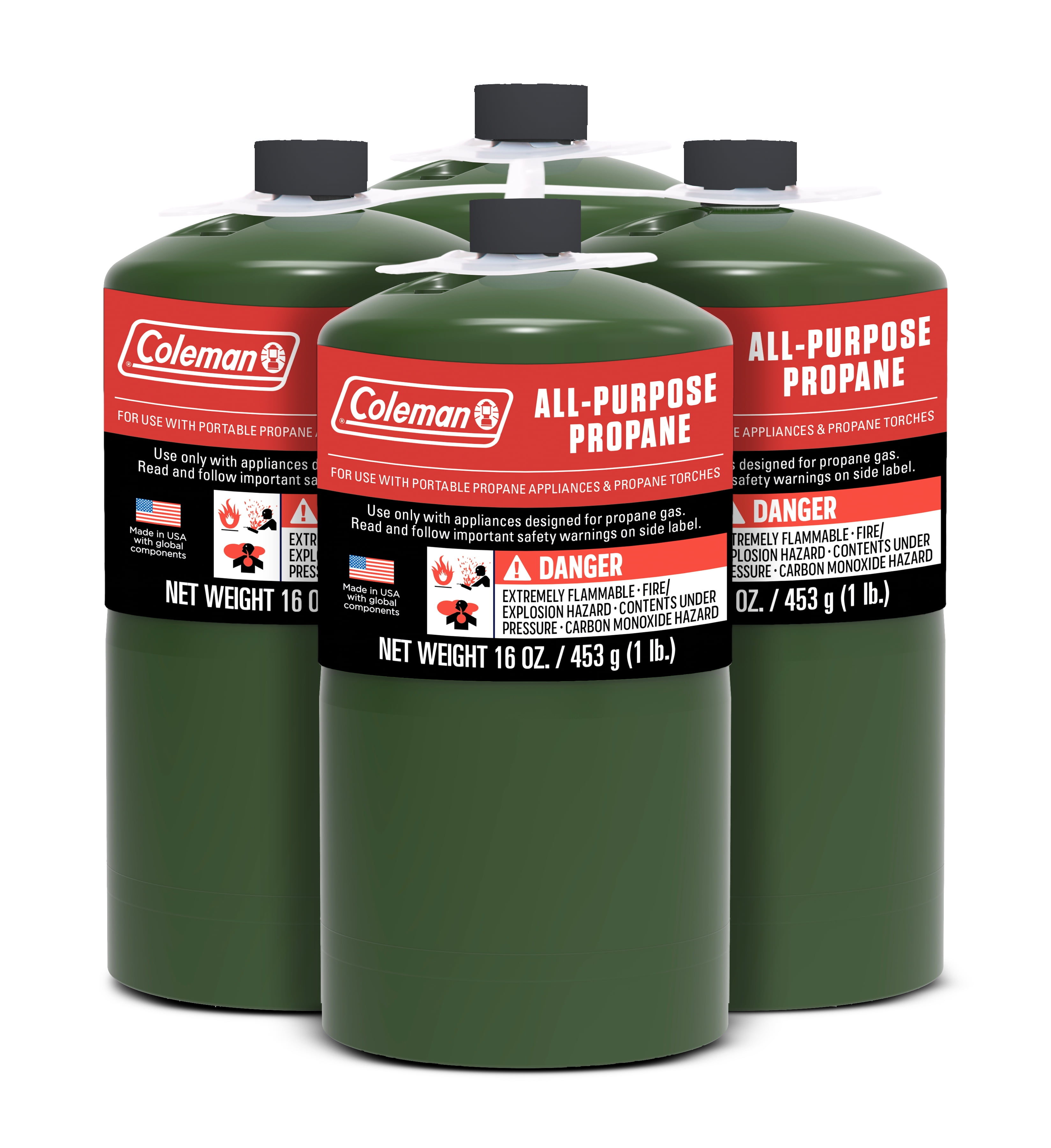
Energy Security & Domestic Supply
Propane is predominantly produced within North America, reducing reliance on imported oil. This domestic availability contributes to greater energy independence and supply chain stability, making it a strategic choice for national and local economies.
Growing Infrastructure
While not as ubiquitous as gasoline stations, the propane refueling infrastructure is steadily growing, particularly in commercial corridors and fleet hubs. Many propane distributors offer on-site refueling options or mobile delivery services for fleets, making it highly convenient for businesses. Public access stations are also becoming more common.
Understanding Propane Systems in Pickups
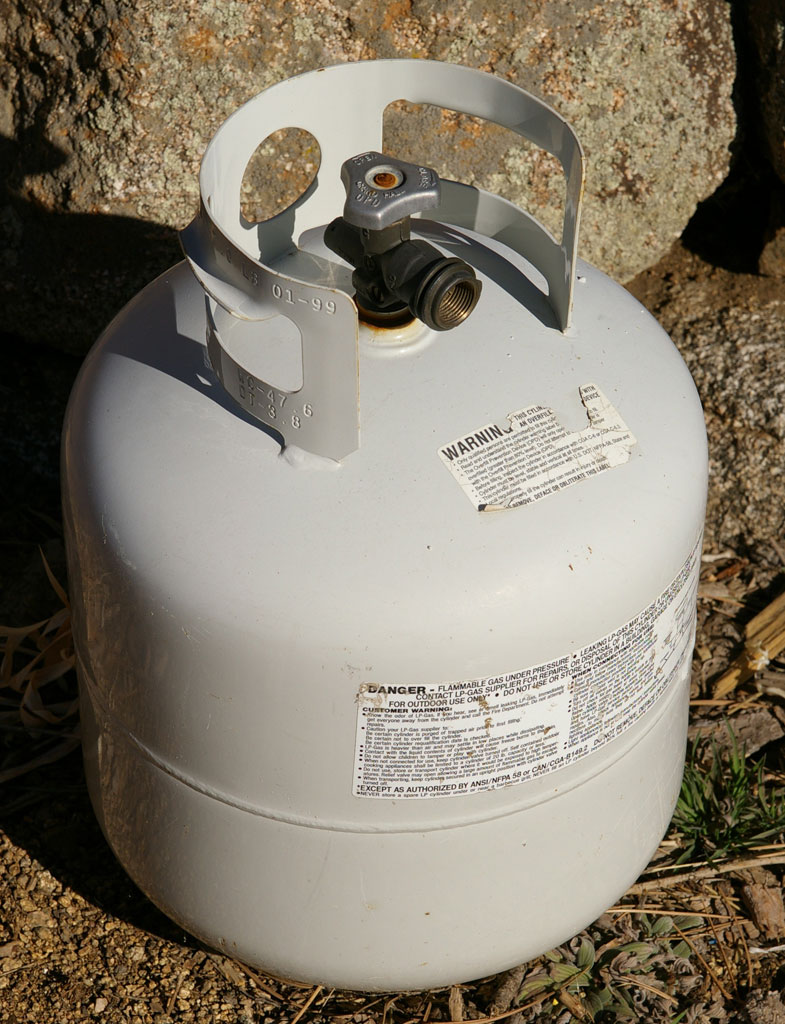
Propane powered pickup trucks come in two primary configurations: dedicated and bi-fuel. Understanding the differences is crucial for making an informed purchase.
Dedicated vs. Bi-Fuel Systems
- Dedicated Propane Trucks: These vehicles run exclusively on propane. Their engines are often optimized for propane combustion, potentially offering slightly better efficiency on propane. They typically have larger propane tanks, maximizing range.
- Bi-Fuel Propane Trucks: These are the more common option. They retain their original gasoline fuel system but are equipped with a secondary propane system. This allows the driver to switch between gasoline and propane, offering maximum flexibility and extended range, especially useful in areas where propane refueling stations are less frequent. The truck usually starts on gasoline and automatically switches to propane once the engine reaches optimal operating temperature.
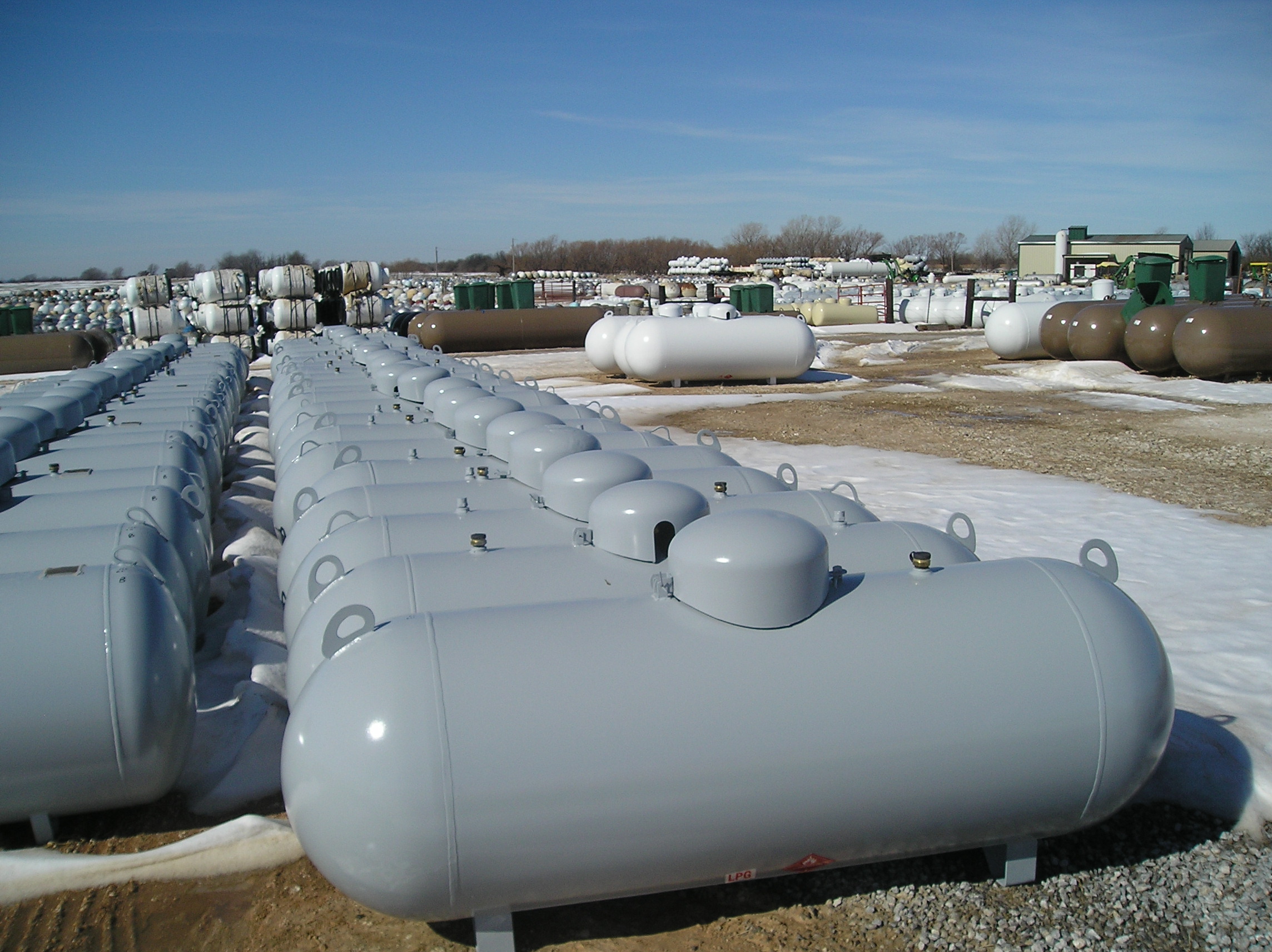
Key Components of a Propane System
Regardless of whether it’s dedicated or bi-fuel, a propane system typically includes:
- Propane Tank: A specially designed, high-pressure tank (usually cylindrical or toroidal) safely stores the liquid propane.
- Fuel Lines: Durable lines transport propane from the tank to the engine compartment.
- Vaporizer/Regulator: This component converts liquid propane into a gaseous state and regulates its pressure before it enters the engine.
- Injectors: Similar to gasoline injectors, these precisely deliver gaseous propane into the engine’s intake manifold or directly into the cylinders.
- Engine Control Unit (ECU): A dedicated or integrated ECU manages the propane system, optimizing fuel delivery and engine performance.
Conversion Process
Many propane trucks for sale are aftermarket conversions. A certified conversion shop installs a propane system onto a standard gasoline-powered pickup. This process involves installing the tank, fuel lines, vaporizer, injectors, and the necessary electronic controls. It’s imperative that conversions are performed by reputable, certified installers who adhere to strict safety standards and regulatory requirements (e.g., NFPA 58 in the U.S.). Some OEMs (Original Equipment Manufacturers) like Ford and GM also offer "propane-prepped" engines or factory-approved conversion options, ensuring seamless integration and warranty coverage.
Navigating the Market: Where to Find Propane Powered Pickups For Sale
The market for propane powered pickup trucks is diverse, offering options for various budgets and needs.
-
New Vehicles:
- OEM Direct or Authorized Dealers: A growing number of manufacturers, particularly those catering to fleet customers (e.g., Ford with its F-Series, GM with its Silverado/Sierra), offer propane-prepped engines or factory-installed/approved bi-fuel systems. Inquire with commercial vehicle departments at dealerships.
- Specialized Conversion Companies: Some companies specialize in converting new gasoline trucks into propane or bi-fuel vehicles before selling them, often offering a full warranty.
-
Used Vehicles:
- Private Sellers: Individuals who have converted their trucks may sell them. Due diligence regarding the conversion’s quality and maintenance history is crucial.
- Used Car Dealerships: As propane trucks become more mainstream, you’ll find them on the lots of larger used car dealerships, particularly those that cater to commercial customers.
- Fleet Auctions: Businesses frequently cycle out their vehicles. Fleet auctions (online and in-person) are excellent sources for well-maintained, used propane trucks that have served commercial duty.
- Online Marketplaces: Websites like AutoTrader, Cars.com, eBay Motors, and even specialized alternative fuel vehicle marketplaces often list propane-powered trucks. Use specific search filters for "propane," "LPG," or "bi-fuel."
-
Converted Vehicles:
- Reputable Conversion Shops: Many shops that perform conversions also sell pre-converted used trucks, ensuring the quality of the propane system.
- Government Surplus Sales: Municipal and state governments often utilize alternative fuel vehicles and periodically sell off their surplus inventory.
Important Considerations Before Buying
Purchasing a propane-powered pickup truck involves unique considerations beyond those of a conventional gasoline vehicle.
- Initial Cost vs. ROI: While propane offers long-term fuel savings, aftermarket conversions can add several thousand dollars to the vehicle’s price. Factory-installed options might also carry a premium. Calculate your estimated annual mileage, local propane and gasoline prices, and potential maintenance savings to determine your Return on Investment (ROI). The higher your annual mileage, the faster you’ll recoup the initial investment.
- Refueling Infrastructure: Before buying, assess the availability of propane refueling stations in your primary driving areas and along common routes. Use online station locators (e.g., Propane.com) to map out options. For fleets, consider installing an on-site refueling station.
- Maintenance & Servicing: While propane is cleaner for the engine, the propane system itself requires specific maintenance. Ensure there are qualified technicians in your area who are experienced with propane vehicle systems. Ask about parts availability.
- Warranty: Understand the warranty coverage. If buying a new OEM propane truck, the vehicle and propane system are typically covered by the manufacturer’s warranty. For aftermarket conversions, the vehicle’s original warranty may be affected (though some component warranties often remain intact), and the conversion company provides a separate warranty for the propane system. Clarify what’s covered and for how long.
- Safety: Propane has an excellent safety record when handled and maintained correctly. Modern propane systems are built with multiple safety features, including pressure relief valves, excess flow valves, and robust tank construction. However, proper training on refueling and adherence to maintenance schedules are crucial.
- Resale Value: The market for alternative fuel vehicles is growing, but it’s still a niche. Resale value can vary. While some buyers may specifically seek out propane trucks for their benefits, others might be hesitant due to unfamiliarity.
- State/Local Regulations: Check if your state or local jurisdiction has specific requirements for alternative fuel vehicles, such as special emissions testing or safety inspections.
Tips for a Smooth Purchase and Ownership Experience
- Research Thoroughly: Understand the different propane conversion kits (e.g., Prins, Roush CleanTech, ICOM) and their reputations. Look up reviews for specific truck models and their propane integration.
- Inspect Carefully: Especially for used or converted vehicles, meticulously inspect the propane system components. Look for signs of leaks (though propane is odorless, an additive gives it a distinct smell), corrosion on tanks or lines, and proper mounting.
- Get a Pre-Purchase Inspection: Have a qualified mechanic, ideally one familiar with propane systems, perform a pre-purchase inspection. This can uncover potential issues with both the vehicle and the propane system.
- Understand the Warranty: Get all warranty information in writing for both the vehicle and the propane conversion system.
- Budget for Training: If new to propane, familiarize yourself with safe refueling procedures. Most stations are self-service, but require specific techniques.
- Factor in Insurance: Inform your insurance provider that you are purchasing a propane-powered vehicle. While it typically doesn’t significantly impact premiums, it’s good practice.
Estimated Price Ranges for Propane Powered Pickup Trucks
Prices for propane-powered pickup trucks can vary significantly based on the vehicle’s make, model, year, condition, and the type of propane system (factory-installed vs. aftermarket conversion). The table below provides estimated price ranges for different categories. These are general guidelines and actual prices will fluctuate with market conditions, location, and specific features.
| Category | Truck Type (Example) | Estimated Price Range (USD) | Key Factors Affecting Price |
|---|---|---|---|
| New OEM/Factory-Approved | Half-Ton (e.g., F-150) | $45,000 – $70,000+ | Base truck price, specific OEM package, trim level, engine size. |
| Heavy Duty (e.g., F-250) | $55,000 – $85,000+ | Higher base cost for HD trucks, specialized propane system for larger engines, commercial features. | |
| New Aftermarket Converted | Half-Ton (e.g., RAM 1500) | $40,000 – $65,000+ | Cost of new base truck + $8,000-$12,000 for conversion. Varies by conversion kit quality, installer reputation, and tank size. |
| Heavy Duty (e.g., Sierra 2500) | $50,000 – $80,000+ | Cost of new base truck + $9,000-$15,000 for conversion. Complexity of HD engine conversion. | |
| Used Aftermarket Converted | Half-Ton (5-10 years old) | $15,000 – $35,000 | Age, mileage, condition of vehicle, quality of original conversion, maintenance history, remaining system life. |
| Heavy Duty (5-10 years old) | $20,000 – $45,000 | Same as half-ton, but higher initial cost for HD trucks, potentially better durability for fleet use. | |
| Used Fleet Sales | Various | $10,000 – $40,000+ | Often well-maintained, but high mileage. Pricing depends on bulk purchase potential, age, and condition. |
Note: Conversion costs alone (if converting an existing truck) typically range from $8,000 to $15,000, depending on the vehicle type, system complexity, and tank capacity.
Frequently Asked Questions (FAQ) about Propane Powered Pickup Trucks
Q1: Is propane safe for vehicles?
A1: Yes, absolutely. Propane has an excellent safety record. Modern propane systems are designed with numerous safety features, including robust tanks, automatic shut-off valves, and excess flow valves. Propane tanks are significantly stronger than gasoline tanks, and the fuel’s narrow flammability range makes it less prone to ignition than gasoline.
Q2: Does propane reduce engine power or performance?
A2: For modern, properly installed systems, the difference in power and performance is negligible and often unnoticeable during regular driving. Advanced engine management systems optimize fuel delivery for propane, ensuring comparable horsepower and torque.
Q3: How far can a propane truck travel on a full tank?
A3: This depends on the tank size and the vehicle’s fuel efficiency, similar to gasoline. Bi-fuel trucks offer the added flexibility of switching to gasoline if propane runs low, effectively doubling your range. Dedicated propane trucks can be fitted with larger tanks to maximize range.
Q4: Can I convert my existing gasoline pickup truck to run on propane?
A4: Yes, many gasoline pickup trucks can be converted to bi-fuel operation. It’s crucial to have the conversion performed by a certified, reputable installer who uses high-quality, approved conversion kits to ensure safety and performance.
Q5: How does propane perform in cold weather?
A5: Propane performs very well in cold weather. Because it’s stored under pressure and vaporizes readily, it doesn’t suffer from the "gelling" issues that diesel can experience. Bi-fuel trucks typically start on gasoline and switch to propane once the engine warms up, ensuring reliable cold starts.
Q6: Is it difficult to find propane fuel?
A6: While not as widespread as gasoline stations, the propane refueling infrastructure is expanding. Many agricultural supply stores, industrial gas suppliers, and even some conventional gas stations offer propane. Online locators and smartphone apps can help you find the nearest station. For fleets, on-site bulk storage and mobile refueling services are common.
Q7: What is the maintenance like for a propane truck?
A7: Propane burns cleaner than gasoline, which can lead to extended engine life and less frequent oil changes. However, the propane system itself requires specific maintenance, such as checking lines for leaks, inspecting the vaporizer, and occasionally replacing filters. Follow the manufacturer’s recommended service schedule for both the vehicle and the propane system.
Conclusion
Propane powered pickup trucks for sale represent a compelling and increasingly viable alternative in the automotive market. They offer a powerful combination of cost savings through lower fuel prices and reduced maintenance, significant environmental benefits with cleaner emissions, and the practical advantages of domestically produced energy. While the initial investment or the need to understand a new refueling process might seem daunting, the long-term benefits for both your wallet and the planet are substantial.
Whether you’re a small business owner looking to optimize fleet efficiency, a contractor seeking to reduce operating costs, or an individual committed to a greener lifestyle, exploring propane-powered pickup trucks is a smart move. By understanding the available options, asking the right questions, and partnering with reputable sellers and installers, you can confidently navigate the market and drive away in a vehicle that truly powers your future.



